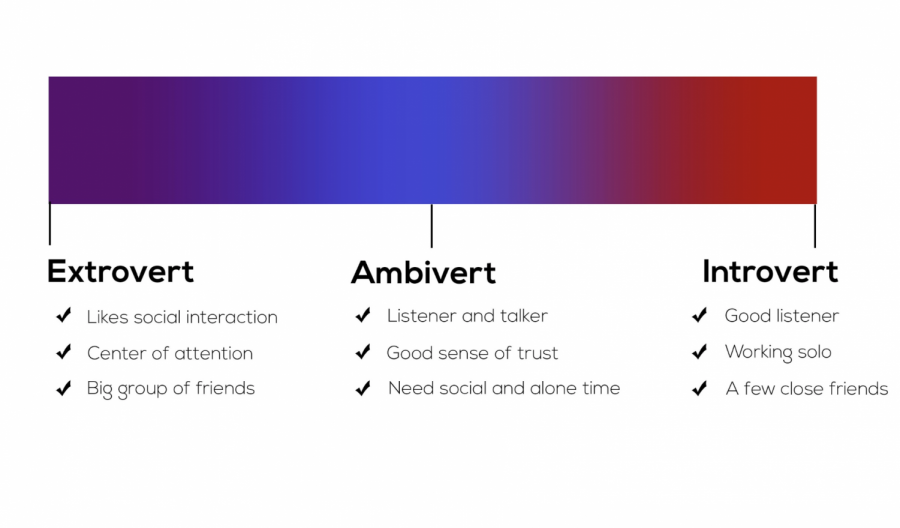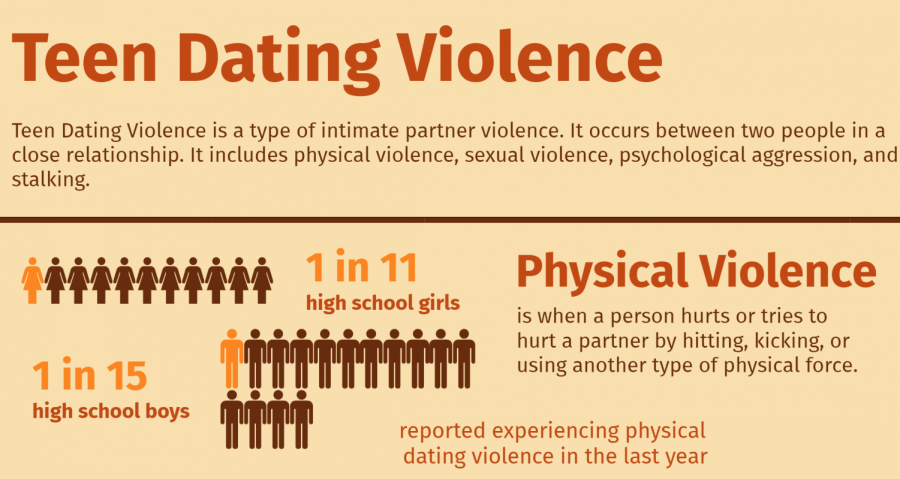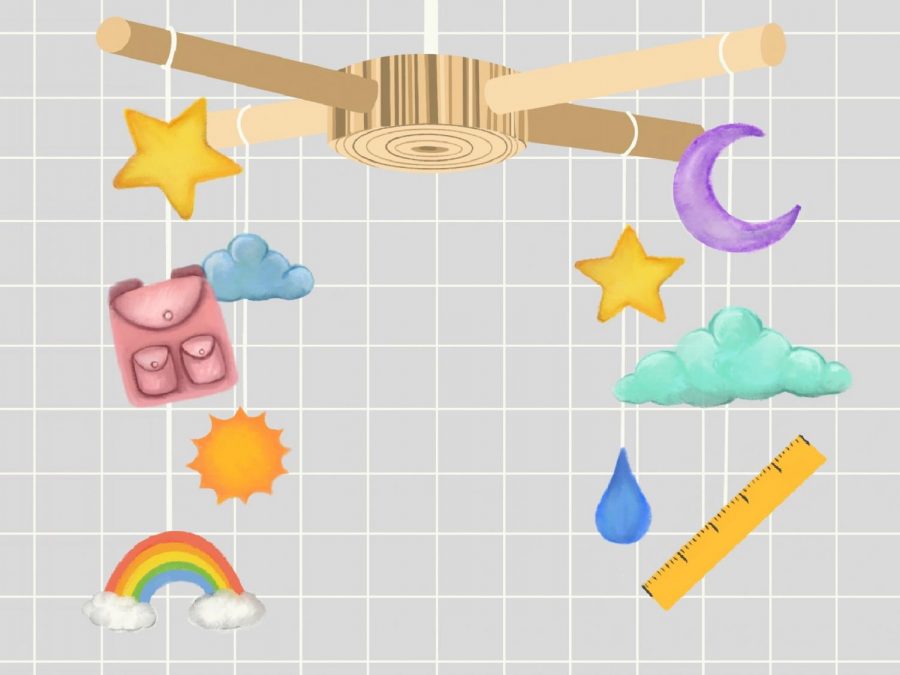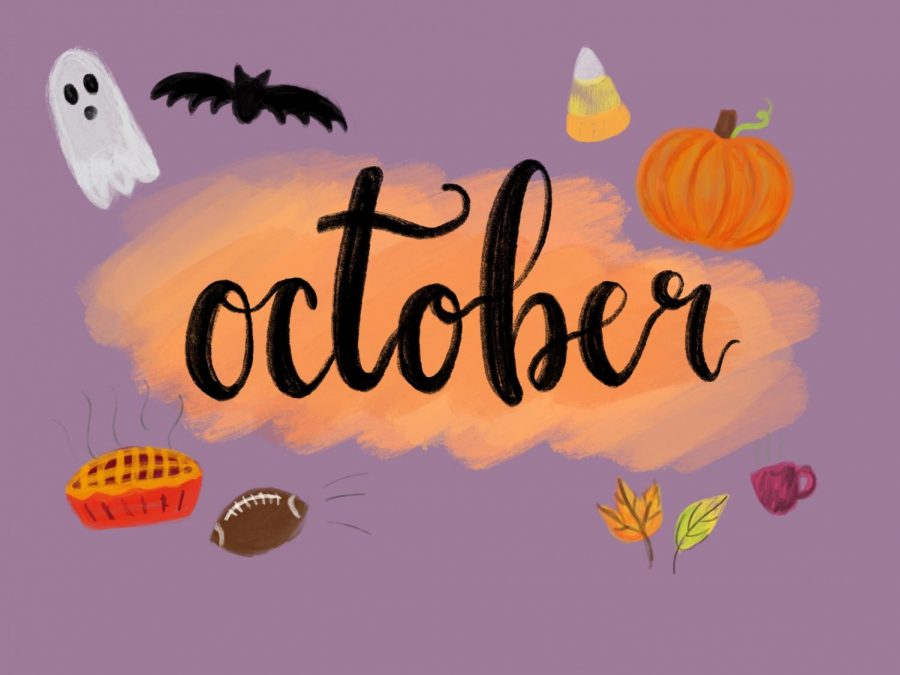Most of society has been raised to believe that a person is either an extrovert or an introvert, and that this can be determined by how much they talk. However, this information is not necessarily true: introversion and extroversion are actually ranges on a spectrum and are not purely defined by how much someone may like to communicate. Instead, it is more based on what situations give a person energy and life, as well as what natural talents they possess. There is also another spot on the spectrum that many are not familiar with: ambivert, which is a combination of both introvert traits and extrovert traits. Take a look at the sections for each personality group. You never know; you might be surprised to see which you identify most with.
EXTROVERTS:
Extroverts are the larger-than-life personality: big smiles, important roles, and never ending lists of conversation starters. Since society tends to favor extroverts, it seems that many people are grouped into this personality. However, someone is not necessarily an extrovert if they like to talk. According to the Huffington Post, “the defining quality of an extrovert is that they feel energized by social situations.” Extroverts make great leaders and crave adventure; of course, they are most well known for being extremely outgoing to anyone they meet.
Signs you might be an extrovert:
- You speak before thinking
- You feel an energy boost from social situations
- You don’t like to be alone
- If there is a problem, you prefer to talk it out rather than let it simmer away
- Your friend group is very large, but the connections between friends are not super close
- Leading others is one of your talents
INTROVERTS:
Remember that person who didn’t want to go to the biggest party of the school year? At the time, they might have been called a spoil-sport or a square, but chances are they are actually an introvert. A common misconception is that introverts are shy; this is most likely because introverts experience energy drainage from being in too many social situations at a time and gain their energy back by spending time alone, Psychology Today said. Introverts are very tuned in to their own thoughts and are well known for being intelligent.
Signs you might be an introvert:
- You are a good listener
- Your friend group consists of a few very close people
- The advice you give is usually right and you are sought out by many for your words of wisdom
- You don’t like making small talk with strangers
- People tell you to talk more or ask why you are so quiet
- You feel that working individually is better than working in groups
AMBIVERTS:
Anyone who has ever struggled with deciding whether they are more introverted or extroverted may very well be an ambivert, the in-between personality of the introvert-extrovert spectrum. According to psychologist Robert R. McCrae, “only 38 percent of people are ambiverts; most people either lean towards introversion or extroversion.” Ambiverts are said to have excellent entrepreneurial skills due to their dual natured personality.
Signs you might be an ambivert:
- You display both extrovert and introvert traits
- Time spent alone and time spent with people needs to be balanced
- You can play the role of the listener or the talker
- You work well in groups or alone
- You tend to be indecisive
- You have a good sense of who to trust
If you are still having trouble deciding which part of the spectrum you lie on, check out the 16 Personalities test or Dan Pink’s test to help determine once and for all who you really are. Of course, tests can never decide completely; in the end, you identify with whichever personality feels right to you.


































































Mr North • Dec 27, 2019 at 2:28 pm
What utter tripe. Just yet another ploy to elevate another sect of society to the level of possessing “protected characteristics”.
If one is outgoing, forthright, expressive or “extrovert” as this article wishes to label them, but is also good at organising time alone and time socially and also displays the trait of being a good listener, this just means they are “extroverted” while being good at organising time alone and time socially while at the same time being a good listener.
Human personalities are divided into diametrical dichotomies to keep things simple. It’s confusing enough for our children and young adults to be told that their feelings and emotions linked to perfectly normal sexual development could mean they’re slipping and sliding along some imbecilic “gender spectrum” and now we expect them to buy this excrement that they may be “ambivert”?
One may be good at tinkering with motor engines. That does not make one a qualified mechanic.
If his wasn’t so insidiously damaging, it’d be wholeheartedly laughable.
ziphe • Nov 25, 2019 at 7:01 am
Now i finally know the difference it was always intriguing but atleast now it leaves me with a clear definition and i know exactly where i belong now.♡♡special thnx to Heather♡♡♡